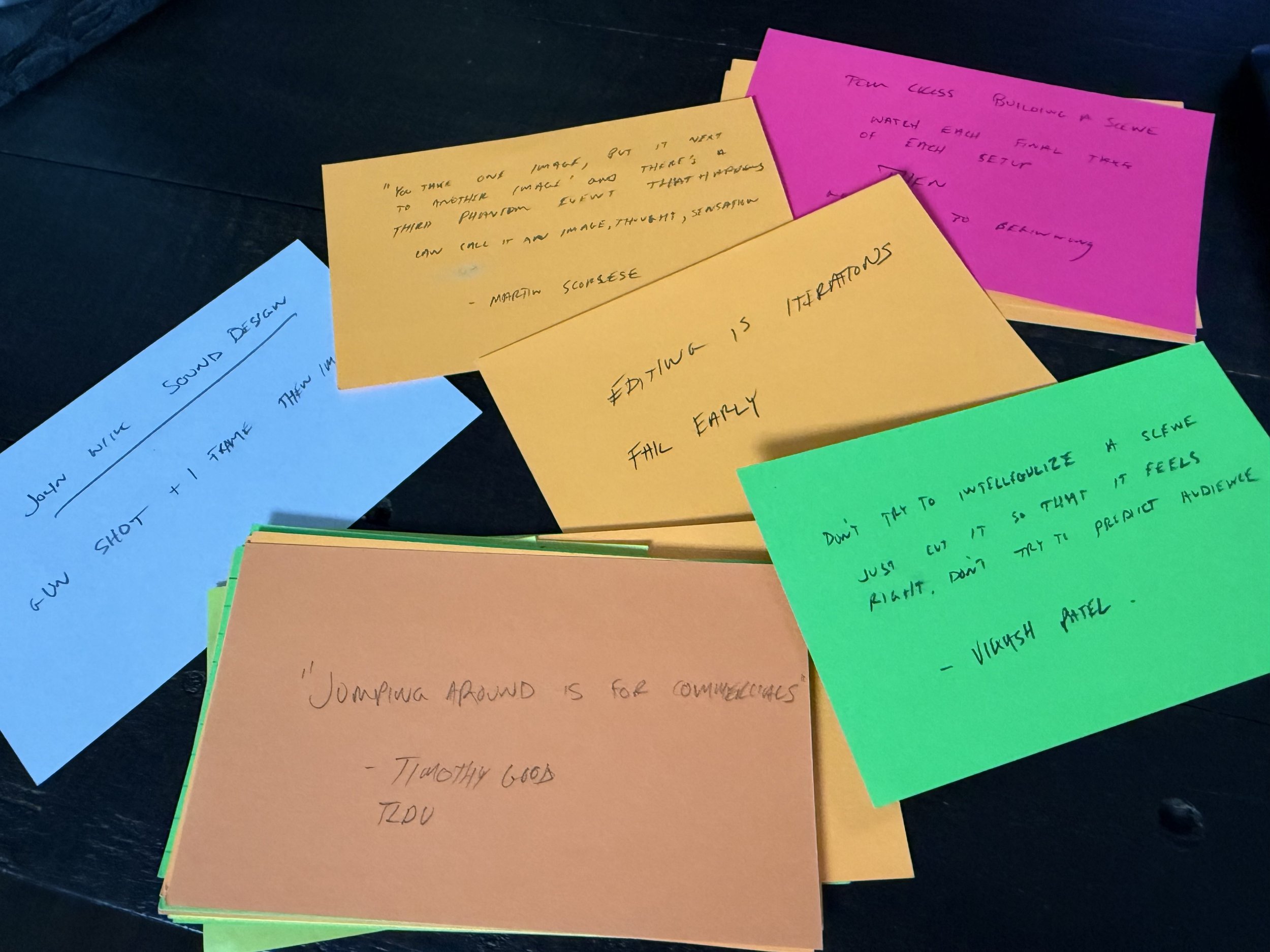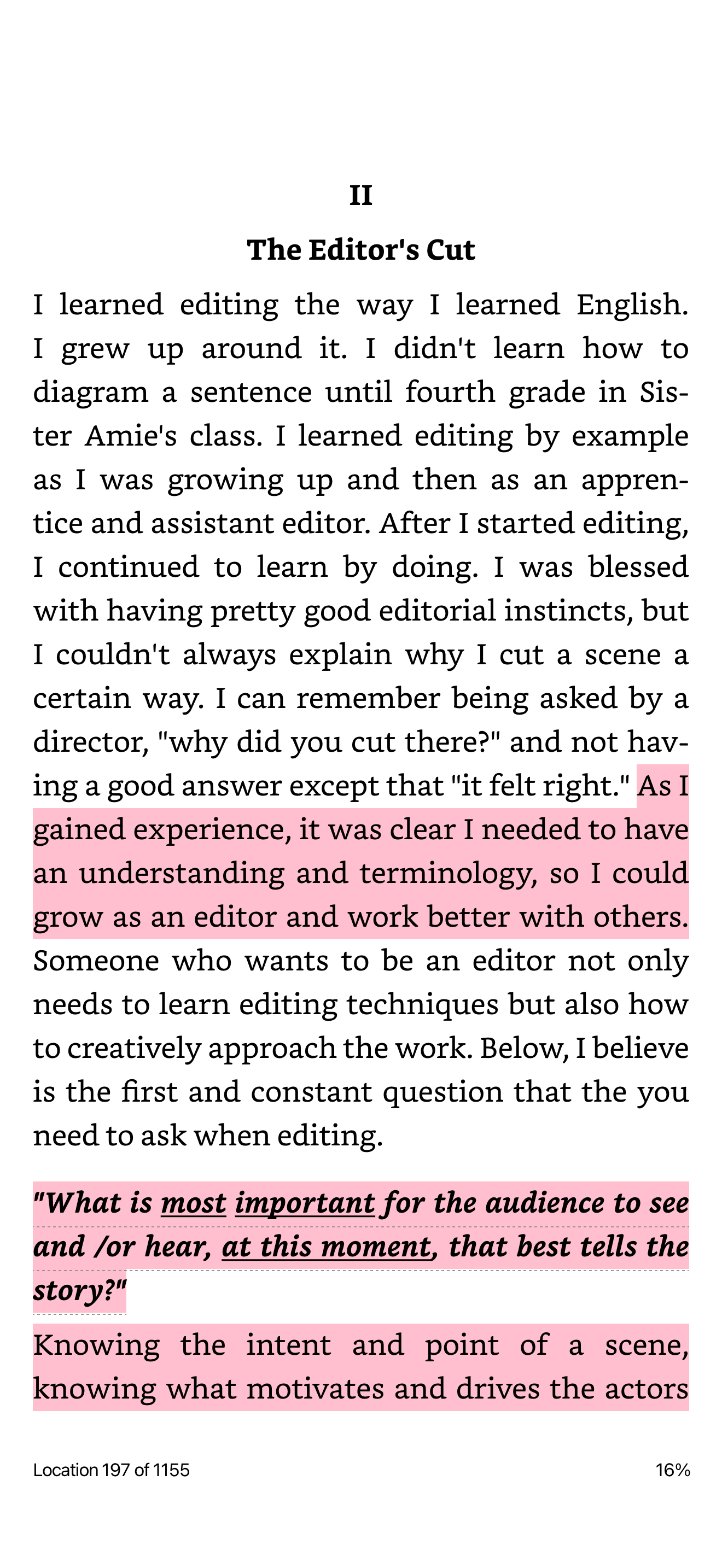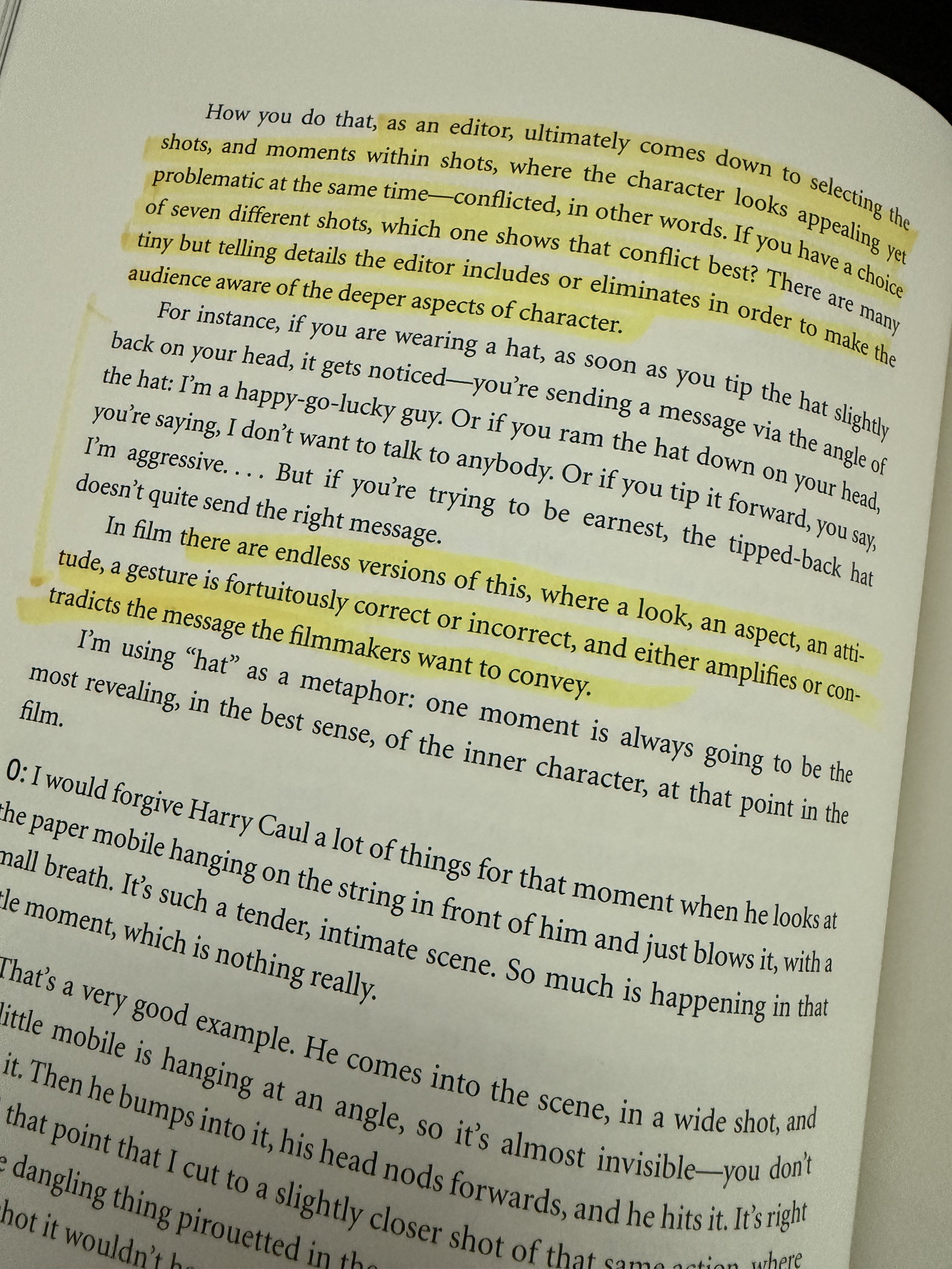No Gatekeeping: My Free Resource Guide for Aspiring Editors
My career has been a tale of many stories.
I started as an intern at NFL Films, helping producers pull footage from actual DVC Pro tapes, digitizing it in AVID Media Composer, and building bins from the ground up. Then I moved into a logger role at Nascar Productions, inputting metadata for shots coming in from the track. We’d subclip and break everything down using CatDV. From broadcast feeds to internal art camera rolls—everything was logged manually and transcribed word for word. Oh, do I wish I had all that time back now that AI transcription tools exist for editors.
From there, I jumped straight into an associate producer role at then SPEED Channel (now Fox Sports 1), cutting coming-ups, glitzes, and B-roll packages. That experience gave me my first real hands-on training as a film and television editor, eventually leading to editing docu-shorts for those networks and later, long-form documentaries. That was about the extent of my time as an assistant editor. It took two years before I was really cutting on my own. I was doing so without any assistant under me as well. I’m extremely lucky to have made a jump into editing so quickly.
I say all this because my path wasn’t traditional. I didn’t come up under a mentor in the cutting room. I didn’t learn assistant workflows or best practices the way a lot of people do. So when I started editing higher-budget docuseries and the occasional scripted film like my first feature Grace Point, I realized—I still had a lot more to learn. Be it workflows or creative strategies I needed more knowledge to challenge some of my preconceived ideas of what the craft of editing really is.
So I stepped back and started digging into everything I didn’t know or perhaps just forgot since film shool.
I picked up books by legendary editors like Walter Murch, and every time I saw a term I didn’t understand, I’d look it up. I’d read about how assistants worked and realize, “I’ve never done it that way.” I’d highlight and annotate every page, then follow those rabbit holes to forums, wikis, podcasts, and YouTube tutorials.
I cold-emailed assistant editors, film editors, VFX editors—just to ask questions. I remember reaching out to Shiran Carolyn Miller ACE after I saw a YouTube discussion with her, and she kindly sent back an amazing list of resources focused on AVID assisting. It made such an impact on me that I began making my own list of resources similar to hers. I also went to in-person events and post meetups across the country. I’d go even deeper—looking up niche stuff like AVID dailies workflows, codebooks, plugins, and FileMaker scripts. I found free coursework buried on film school pages and blogs from working assistant editors. I just kept scraping the internet for anything that could help me grow both technically and creatively.
And then I put it all into practice. I took jobs that challenged me. Jobs that forced me to hone the skills I heard and read about. I said yes to assistant editing gigs so I could learn how it’s really done from dailies to turnovers. I paid for access to dailies, courses, and seminars. I even found free dailies from major scripted shows buried in those same wikis I found.
All of it in the name of learning. All of it to grow. Not just as a film and television editor, but as someone trying to break deeper into scripted editing. I wanted to know the post production pipeline entirely to make me a better editor yes, but also a better communicator to departments.
The community became my mentor. That’s why I engage so much with people, no matter where they are on their journey. Because without the community, I wouldn’t have many of the friends I have across the world nor would I have learned so much.
I recently became an affiliate member of American Cinema Editors and I joined the NYC ACE internship committee. It’s a cohort of some of the best editors I know committed to building the next generation of editors. What it enforced in me as we read letters, reviewed applications, and interviewed for the internship was that there was a need for a centralized place of resources for up and coming editors to have and refer to.
Now I get to the point. Over this span of several years of self-teaching on the job, I’ve amassed a wealth of resources that have helped me become a better assistant editor, and editor. I’m releasing all these years of bookmarks, saved posts, and deep-dive links to you—for free, no strings attached. I hate grifters who offer a free course, then pitch you the “real course” for a bazillion dollars after you sign up. Not this guy. This is actually fully yours to start your own journey.
Here’s what this is: a hub for post production resources—books, podcasts, tutorials, NLE tech help, union info, accounting tips, communities, and more. Think of it like an airplane simulator. You can study the systems, read the manuals, and run drills. You’ll get sharper, faster, better-prepared.
But here’s what it isn’t: all-encompassing. You won’t become a full-fledged editor from this guide alone. Just like you can’t become a pilot without logging real flight hours, you can’t master editing without putting in time in the suite. You still need the reps. You still need the seat time. But this guide can prepare you for many things ahead!
So here it is. Bookmark it. Save it. Copy-paste it. Run with it.
Post Production Resource Guide
Part of this is still reliant on the community to keep it alive. I’ll update this as I find more, but if you have resources you want to share please send them to me so I can add them! The internet was built to form more connection and communities so let’s keep sharing and helping each other out in post production! Happy learning!




